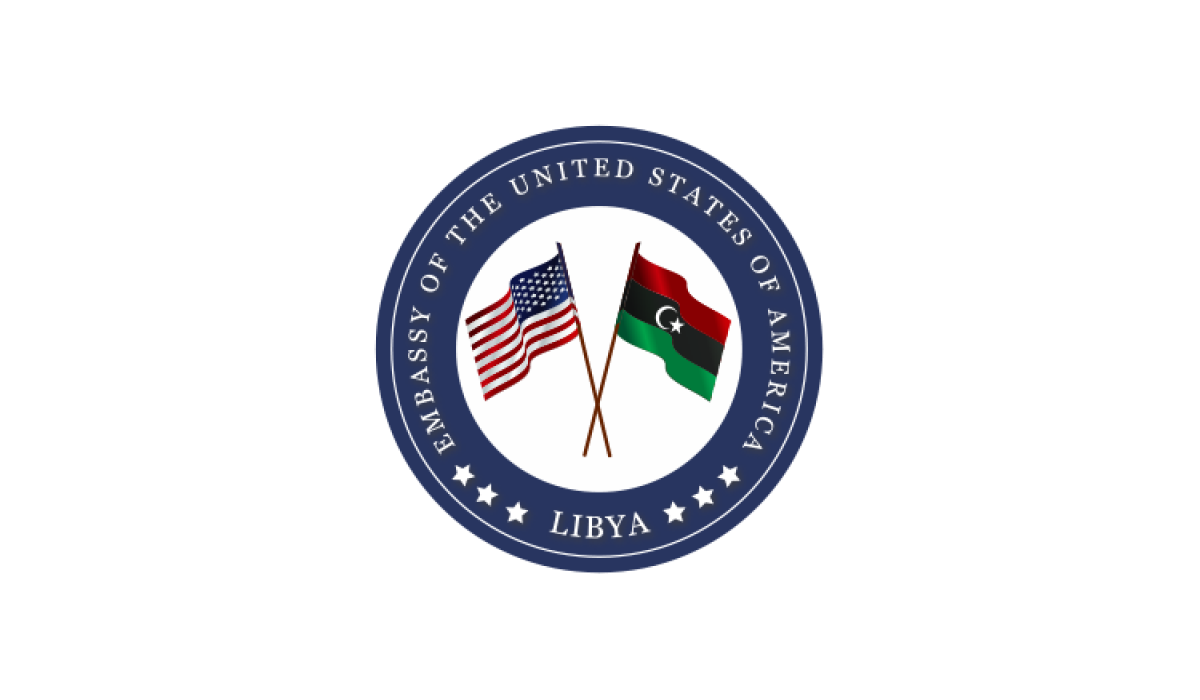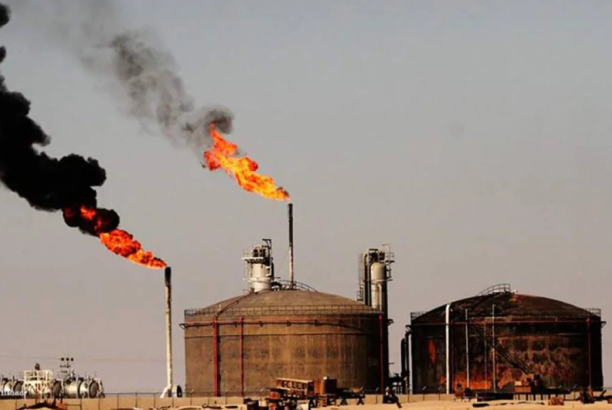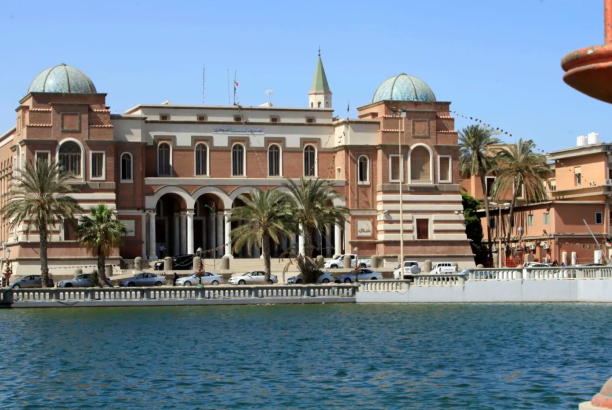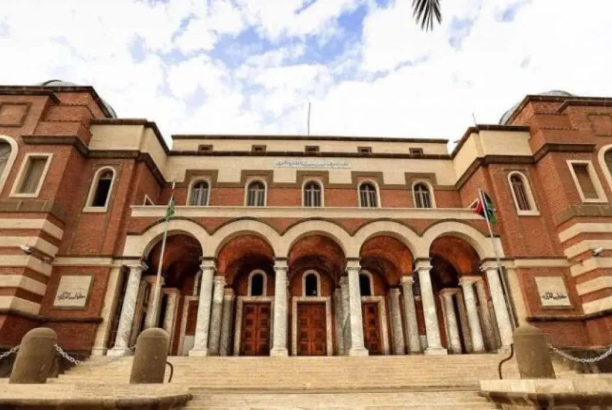
| News
In its statement to our source, the American embassy refutes what was reported regarding its approval to transfer funds to the Central Bank of Libya and clarifies its roles
Our source communicated exclusively with the US Embassy in Libya about what was circulated on the African Intelligence website about the embassy’s interference in lifting the freeze on oil revenues on the account of the National Oil Corporation and referring them to the Central Bank of Libya.
The embassy continued by saying exclusively to our source: “The United States has no authority or role in “approving” the transfer of NOC funds to the Central Bank of Libya, and the United States views the halting of Libyan oil production as a hasty response that harms the Libyan people and undermines international confidence in Libya as a responsible actor in the global economy.”
Today, the embassy issued an important statement in which the United States expresses deep concern about the continued oil fields shutdown, which is depriving Libyans of significant revenues, contributing to price increases, and could lead to power outages, water supply problems, and fuel shortages.
Its statement continued by saying: “The damage caused by the closure to the oil infrastructure will cost Libya millions more, and herald an environmental catastrophe, and could affect the country’s ability to benefit from this infrastructure in the future to reach its full productive potential.”
The statement also said: “Responsible Libyan leaders must realize that the shutdown is harming Libyans across the country and has repercussions on the global economy. They must end the oil shutdown immediately.
The United States also reminds Libyan leaders of the multiple Security Council resolutions that protect the National Oil Corporation and reaffirms our commitment to working with Libyan leaders on a mechanism that will give the Libyan people confidence that the country’s revenues are distributed for the benefit of the Libyan people.”
The United States also confirmed its recommendation for an additional revenue transfer to be monitored and supervised by a Libyan-led financial mechanism. However, Libyan officials independently decided to transfer more significant sums.
The United States considers halting Libyan oil production a hasty response that harms the Libyan people and undermines international confidence in Libya as a responsible actor in the global economy.
It has and continues to advise on the establishment of an interim Libyan financial mechanism with broad support to address how Libya’s revenues are spent in the absence of an agreed national budget.
This mechanism can be used by the Libyan authorities to give the Libyan people confidence regarding how oil revenues from the National Oil Corporation are being used and to prevent the transfer of funds for partisan political purposes that could undermine peace and security in Libya.
In conclusion, it recommended that the mechanism should be designed in a way that allows Libyans to ensure that critical expenditures are paid to people with the highest degree of transparency.
In order to build confidence, all parties must know when and to whom money is being transferred to fund agreed expenditures.” We also stress that Libya’s wealth should go to serve Libyans throughout the country, and no outside party should decide the fate of Libyan resources. Any mechanism should only provide a way for Libyans to come to terms with each other and avoid unnecessary economic turmoil that only leads to harm all Libyans, according to the statement






